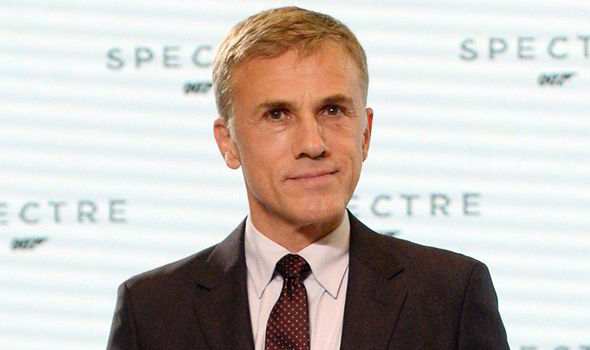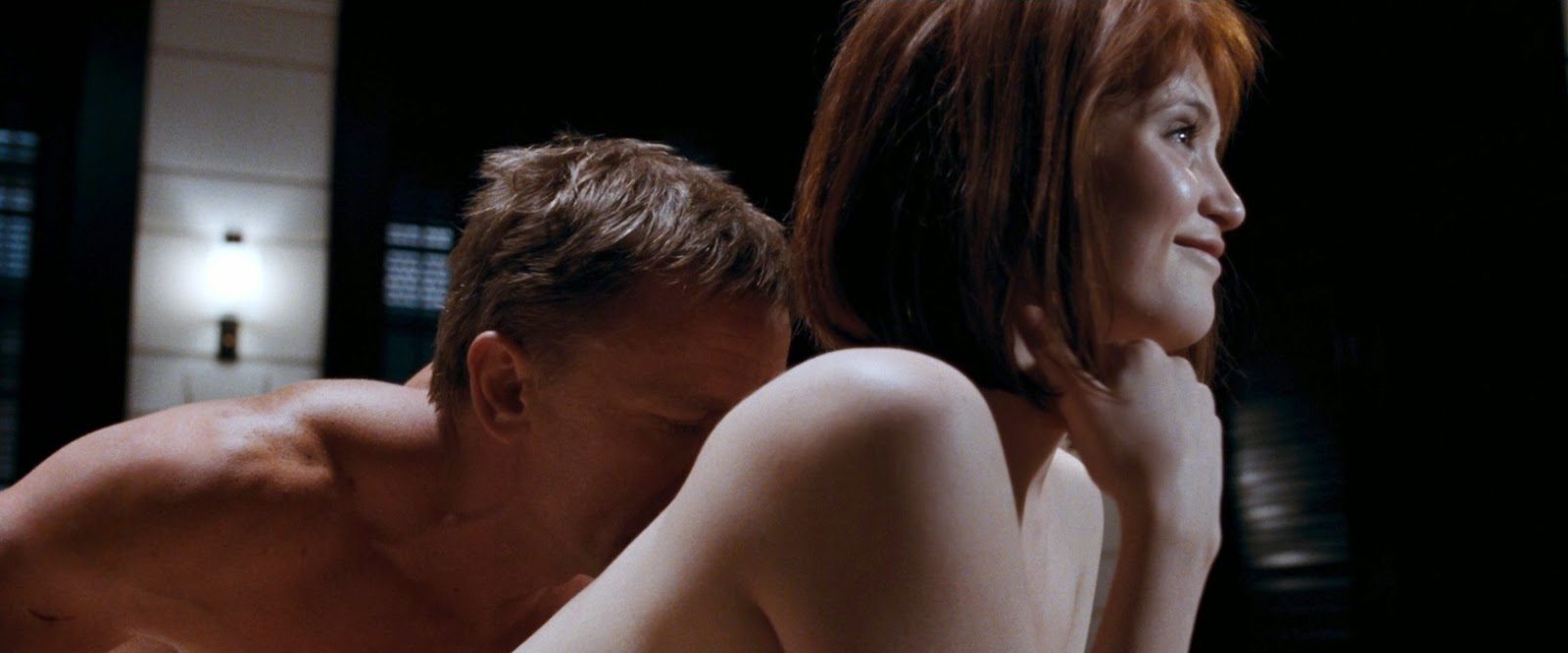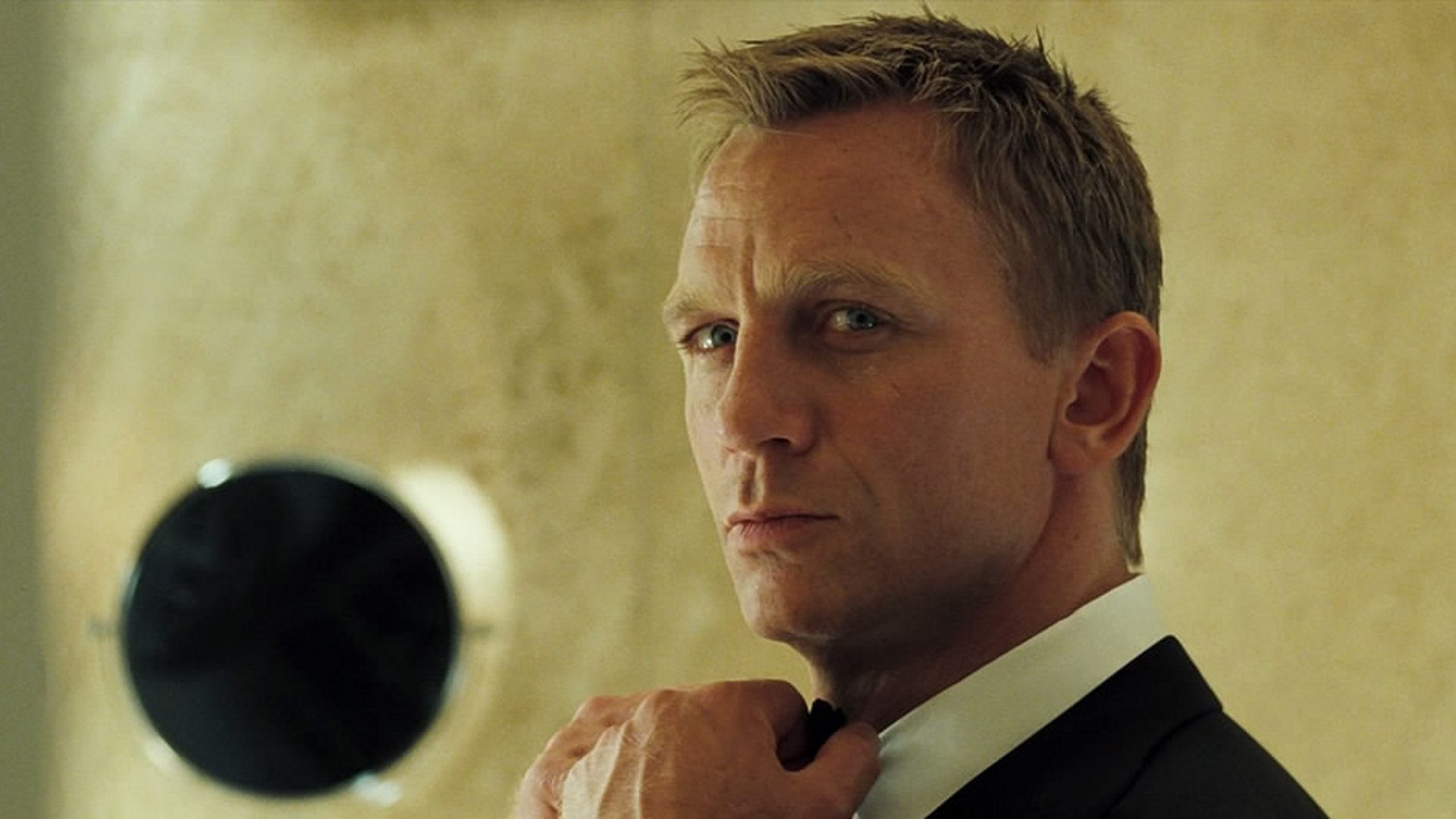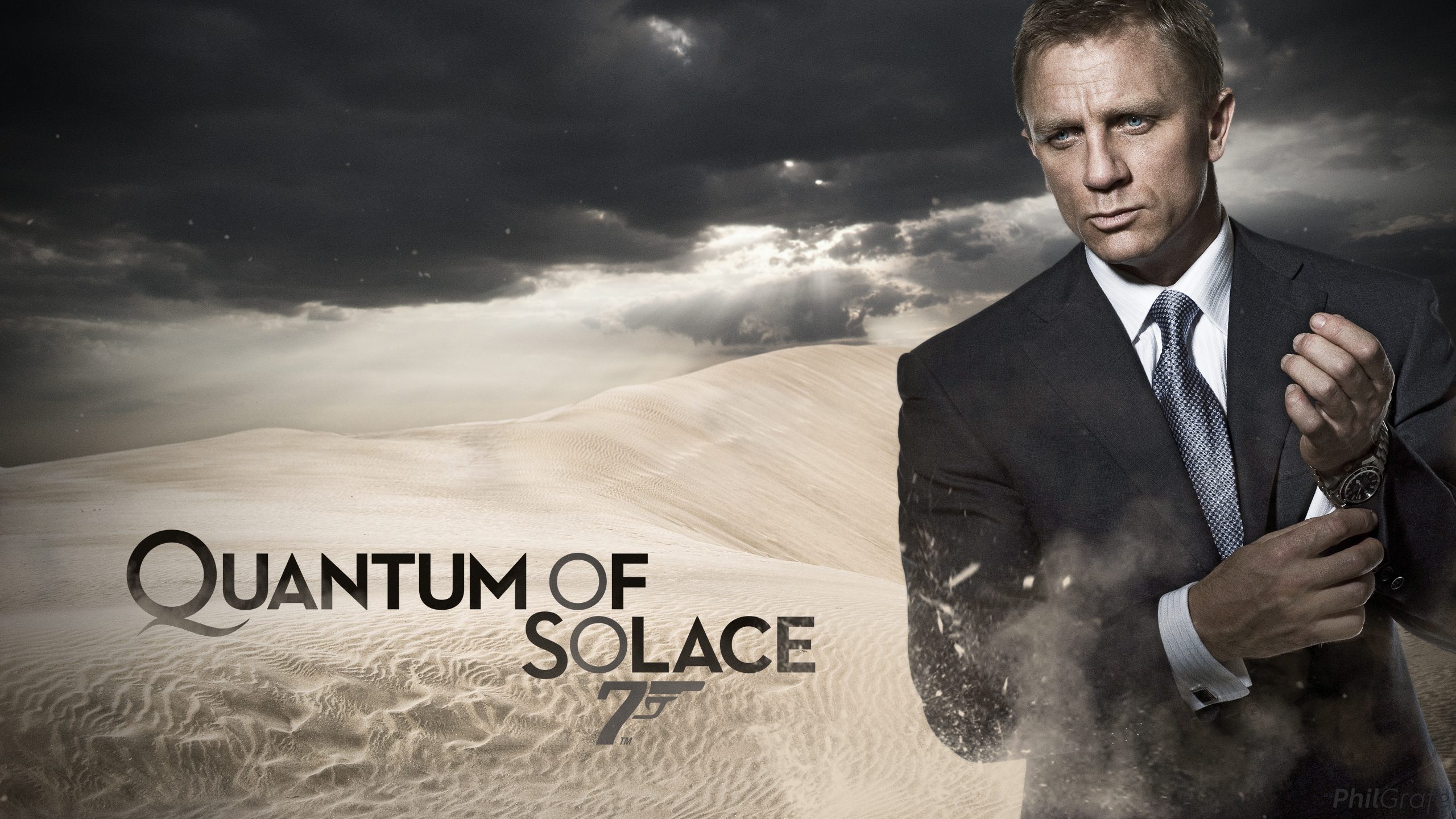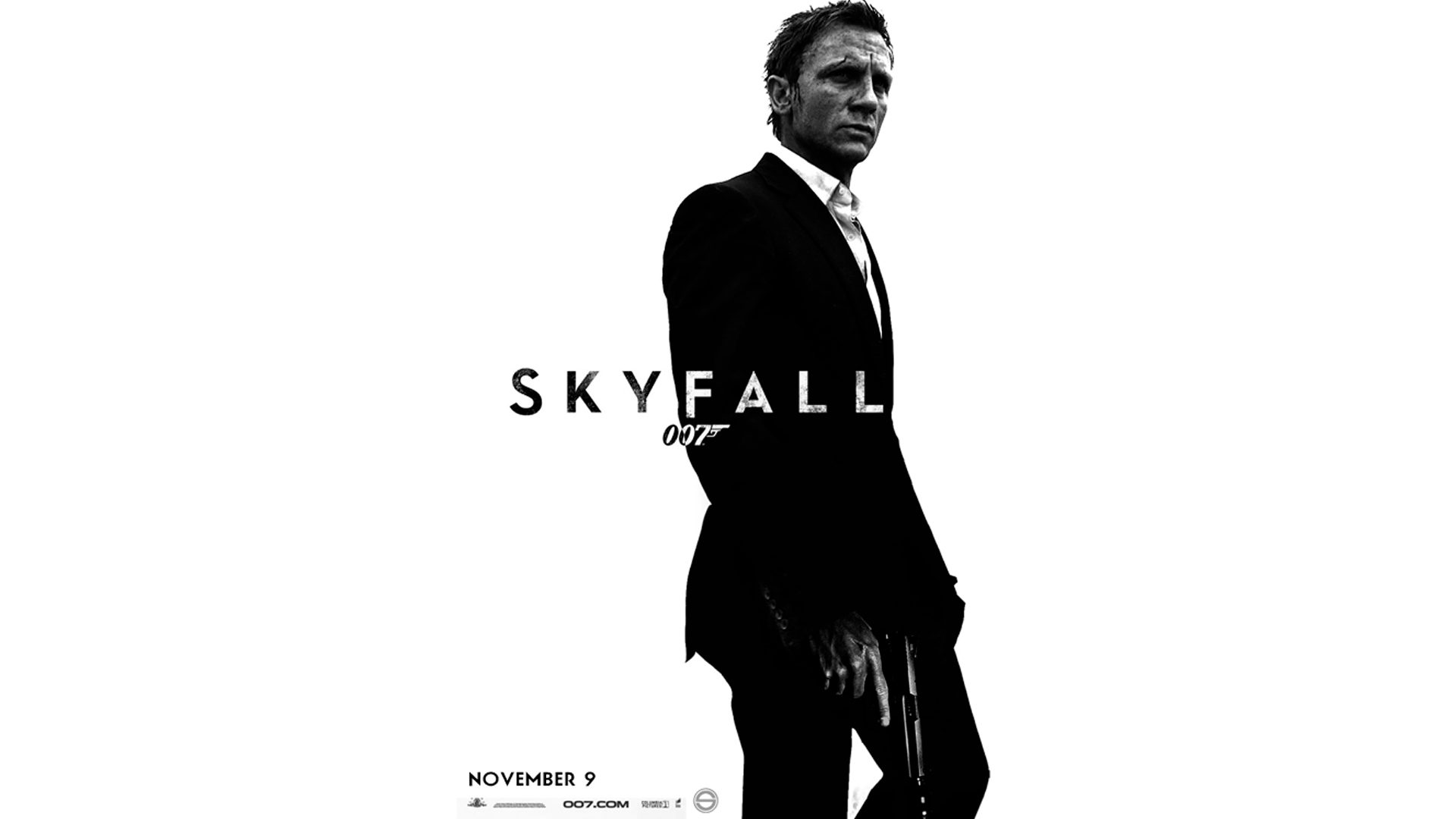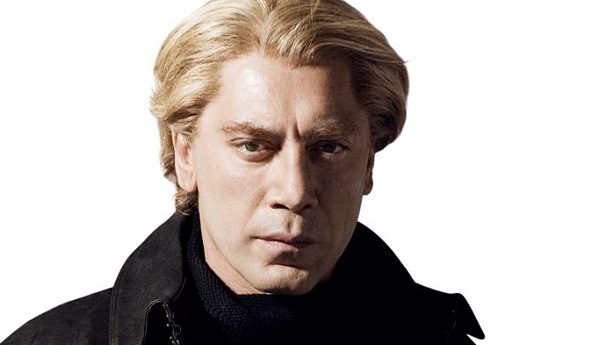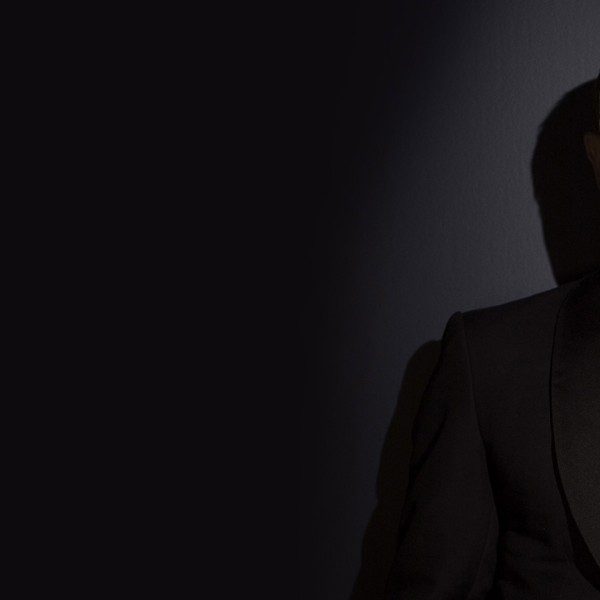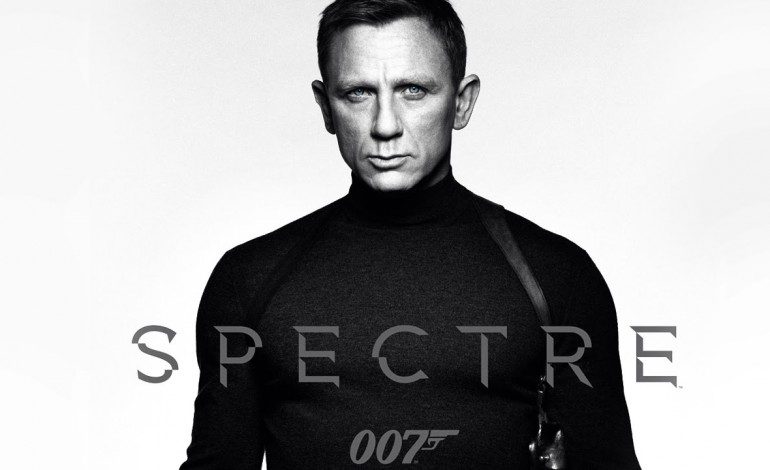

This week eyes the arrival of Spectre, the latest James Bond film and fourth to feature actor Daniel Craig as Agent 007. Although expectations are high (especially since this is the first film to follow Skyfall, an overwhelming success with audiences and critics), there might be a reason to be cautious here. As one of the few that are not looking forward to Spectre, I list my grievances and worries below.
EVIL, SHADOWY ORGANIZATIONS ARE OVERDONE


The title of the new Bond film is Spectre, which is the name of the evil organization led by character actor Christoph Waltz (Django Unchained, Inglourious Basterds). In recent spy and action movies, the main antagonist always seems to be the head of a large, terrorist organization pitted against the greatly outmatched hero. The most recent examples include Hydra in Captain America: The Winter Soldier and the Syndicate in Mission Impossible: Rogue Nation. Although Bond movies have turned this trope into a classic, the writers should have considered introducing a previously unseen or underused villain, instead of adding to the already over-saturated stereotype.
This decision ruins what could be decent antagonists, since a lot of the faults with these organizations and its leaders result from too much suspense built up in the first act. In order to build up tension, these movies emphasize the expertise, experience and professionalism of the organization, so that the audience knows this is the hardest challenge the hero has yet to face. However, this actually works against the movie, since viewers are left to wonder why the giant terrorist organization was brought down so easily when they were only introduced at the beginning of the film. Most of the movies with the large organizations are film series, which gives them plenty of time to introduce and build a solid villain. After all, it took three films for Sauron to be defeated in The Lord of the Rings.
CASTING CHRISTOPH WALTZ WAS A MISTAKE
Before I begin, I have to qualify the title by stating that I am a huge Christoph Waltz fan. The two-time Academy Award winner is fantastic in nearly any movie he appears in, even if it is not of good quality like Water for Elephants. That being said, he is in clear danger of being typecast in Hollywood. He is known for playing smooth talking, gentleman-like characters, particularly villains. While I know that he will play Franz Oberhauser brilliantly, I expect it will not be too different from his other roles. If I want to see the epitome of a Waltz villain, I can just re-watch Inglourious Basterds.
Why should I be excited about seeing Christoph Waltz play the same character? This was a clear sign of lazy casting, since Waltz is the first actor that came to mind when casting Franz Oberhauser commenced. Christoph Waltz does not have a lot of star power, and his casting in the film will not convince people to see the film more than they already would (it’s a Bond movie). I would have liked the filmmakers to have been more original, and perhaps taken some chances by casting against the stereotype.
Netflix’s Daredevil did a wonderful job of anti-typecasting with Vincent D’Onofrio (Jurassic World, JFK) as the main antagonist, Wilson Fisk. D’Onofrio is mostly known for his role as Detective Robert Goren in Law & Order: Criminal Intent, so his casting as Fisk was a bold and fresh decision. I can only imagine what new heights Spectre could have achieved if it was cast in the same way.
Here are a few casting decisions which would have been a more interesting choice:
- Alexander Skarsgard: The Swedish-born actor has been at the fringe of a big Hollywood movie for quite some time, excelling in small indie movies in the past five years. Tall, elegant and with a quiet intensity, Skarsgard would prove an excellent match for Bond.
- Cillian Murphy: Utilizing his character in Netflix’s Peaky Blinders as a reference, Murphy could easily embody a chilling and formidable foe to Daniel Craig’s Bond.
- Jean Dujardin: Despite his Academy-winning performance in The Artist, Dujardin has yet to recapture that kind of success since 2011. As a wholly captivating and engaging actor, he could reclaim international prominence as the next Bond villain.
- Chiwetel Ejiofor: Recently appearing (with a surprising amount of screen-time) in The Martian, Ejiofor’s career is on the rise. He would certainly be a unconventional, but nonetheless superb, Bond villain.
NO BOND GIRL WILL BE BETTER THAN VESPER LYND
Although Vesper Lynd is not my favorite Bond Girl (that would be Famke Janssen’s Xenia Onatopp from GoldenEye), it has been and will continue to be impossible to write a Bond Girl that will surpass her. Right from her introduction, Vesper was funny, bold and smart, a perfect match for the womanizing Bond.
Take a look at the moment where both characters meet. The scene immediately crackles with chemistry, witty remarks and probed vulnerability in both characters. Vesper grabs Bond’s and the audience’s attention from the moment she appears on screen.
Vesper also remains three-dimensional compared to the two-dimensional Bond Girls in the most recent films. She turns from a detached, brazen character to a sensitive, caring partner for Bond, and finally betrays him at the end in a surprising turn of events. No Bond Girl since Lynd has had enough screen time to establish that kind of character development.
Every Bond Girl after Vesper has been easily discarded and boring. The descriptions of the two new Bond Girls in Spectre, Lea Seydoux’s as Dr. Madeleine Swann and Monica Belluci as Lucia Sciarra, seem equally uninteresting and unimportant. They appear to lack the depth, electricity and sincerity that appeared in the Bond and Vesper’s relationship. As Vesper states, Bond “sees women as disposable pleasures rather than meaningful pursuits.” That has been the case ever since. Vesper was the sole “meaningful pursuit” among many “disposable pleasures.”
An example of this treatment is evident in is Gemma Arterton’s Strawberry Fields from Quantum of Solace. A stunningly enchanted Arterton gives the 10 minutes of screen time her best effort, but is ultimately killed shortly after sleeping with Bond. Lacking in purpose and development, Miss Fields is introduced and killed in a way that does not further the plot nor Bond’s character.
Unfortunately, the writers let themselves fall into this perpetual abyss of poor female characters by including one of Bond’s only loves in the first film, and overcompensating in the rest of the series by dividing the time between (at least) two Bond Girls. Perhaps they will eventually write a female character that is as memorable as Eva Green’s Vesper Lynd. I doubt the new Bond Girls in Spectre will be able to measure up her.
THE LAST TWO BOND FILMS WERE DISAPPOINTING
Before dismantling Quantum of Solace and Skyfall, I want to quickly reminisce about what made Casino Royale a great Bond film. The success of the film was made possible by great characters and a tight, entertaining script. I already discussed how Vesper Lynd is a fantastic Bond Girl, but I did not mention the strength of Daniel Craig’s James Bond and Mads Mikkelsen’s Le Chiffre. Profoundly different from previous Bonds, Daniel Craig brought a blunt, violent side to the character without compromising his trademark sophistication and charisma. Although not the most engrossing Bond villain, Mads Mikkelsen was able to bring a cold intensity to the classic blood-weeping antagonist.
Combine these characters with clever wordplay, a suspenseful poker game and genuine emotion, and Casino Royale was able to become one of the best Bond movies in the past 10 years.
I do not believe I have to explain myself too much as to why Quantum of Solace was a disappointing movie. Coming off the success and popularity of Casino Royale, the new Bond film was hotly anticipated. Upon seeing the movie, I could not believe how dull it was. Everything about the movie was forgettable; I actually cannot remember the plot or the villain whatsoever.
Supporting an unimpressionable villain and boring plot was enough to tank Quantum of Solace, but it was the moping figure of the title character that completely ruined the film. Instead of returning to his confident and self-assured nature, Bond sulks over Vesper’s betrayal and death, weighing down the entire film with his despondent brooding. At the end of Quantum of Solace where he drops her necklace, I assumed that Bond had gotten over Vesper and that Skyfall would be as good as Casino Royale.
I was wrong.
I feel as though I need to explain my dislike of Skyfall, whereas it received acclaim from critics and audiences. Concedingly, it was entertaining and a big improvement upon Quantum of Solace, but there was too many problems for me to thoroughly enjoy it.
I will start with the largest weakness in the film: Javier Bardem’s Raoul Silva. Silva was arguably the driving force in Skyfall. His assault against MI6 and M is the reason that Bond returns to work after being shot. Although perfectly acted, the character had gaping flaws that stopped him from becoming a higher caliber of villain. Firstly, I believe that Silva seemed too close in character to Heath Ledger’s Joker in The Dark Knight. Demented and deranged, these villains were alike in personality and in dialogue, albeit Silva was more organized and purposeful. However, Silva’s wanted-to-be-captured scene in the middle of Skyfall reminded me too much of the same scene in The Dark Knight.
I could have forgiven the similarities in character if not for Silva’s senseless backstory and purpose. Once captured, Silva reveals why he wants to destroy MI6 and kill M: she left him to be tortured and killed during a mission. That is a good plot for 70s rape-and-revenge horror movie like The Last House on the Left, but not for a spy thriller like James Bond. As a previous MI6 agent, Silva should have realized that being captured, tortured and eventually dying was part of the job. M was just performing her duties when she made the executive decision to abandon Silva. Bond himself has been captured, tortured and almost killed in several movies as well. The argument could be made that Silva is not in his right mind, and that is why he is able to justify his revenge plot. I just don’t buy it. A random terrorist with no desire but to kill M to get her out of the way would have made a better story.
The next problem I had with Skyfall was the bumbling, confusing storyline. It was not confusing in the sense that it was hard to follow, but it made me question the writers’ decisions. I will give a few examples (although the amount of plot holes and unanswered questions are extraordinarily high):
- What was the point of Bond retiring for a few months and then returning? Why did it show him going through boring retraining and failing? What did this add to the story or character development? I did not go to Skyfall to see an aging Bond unable to perform his secret agent duties. The whole film seemed to drag during the 30 minutes dedicated to this side plot.
- Why did Q take the villain’s laptop and plug it into MI6’s main server? Q is the head of intelligence technology; he should realize that giving the villain access to MI6’s systems would not result well. This is what gave Silva the chance to escape.
- Why did Bond take M out to the middle of Scotland by himself? Silva was not only able to bring a large amount of henchmen, but also a giant helicopter and explosives. Wouldn’t it make more sense for Bond to surround himself with a bunch of MI6 agents and assault weapons as well? Why did he think that only himself, a caretaker and M would be able to fight Silva off? Bond essentially gave Silva the opportunity to kill M, who was killed off by a random henchmen at the end of the film (which was also anticlimactic).
Suffice to say, Quantum of Solace and Skyfall were enough to suspend my enthusiasm about Spectre without all the other factors. In combination with an overused evil corporation, a typecast Christoph Waltz and bland Bond Girls, I cannot help but feel apathetic towards the upcoming Spectre.
Perhaps I will go to see it if only for the brilliant Ralph Fiennes.

